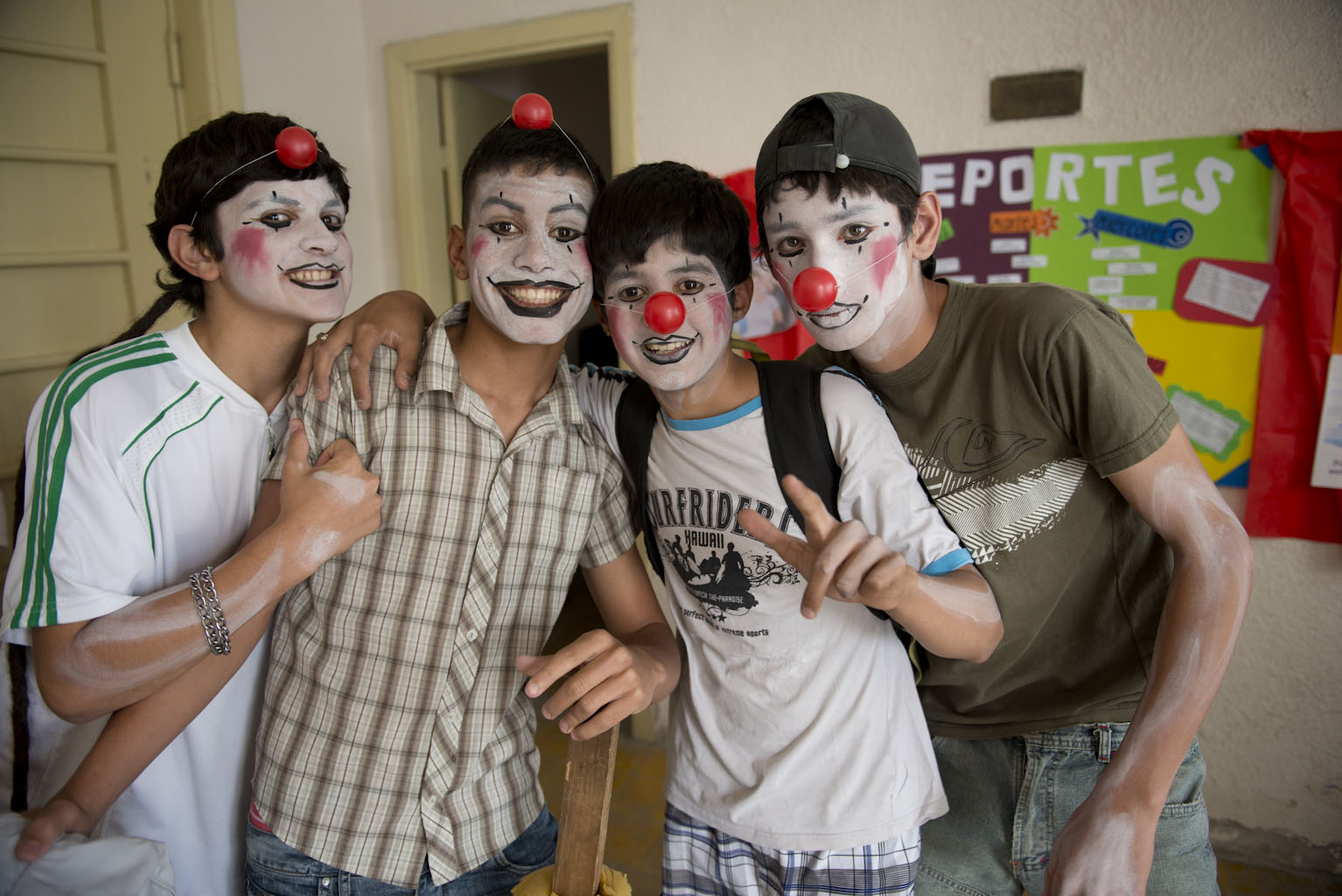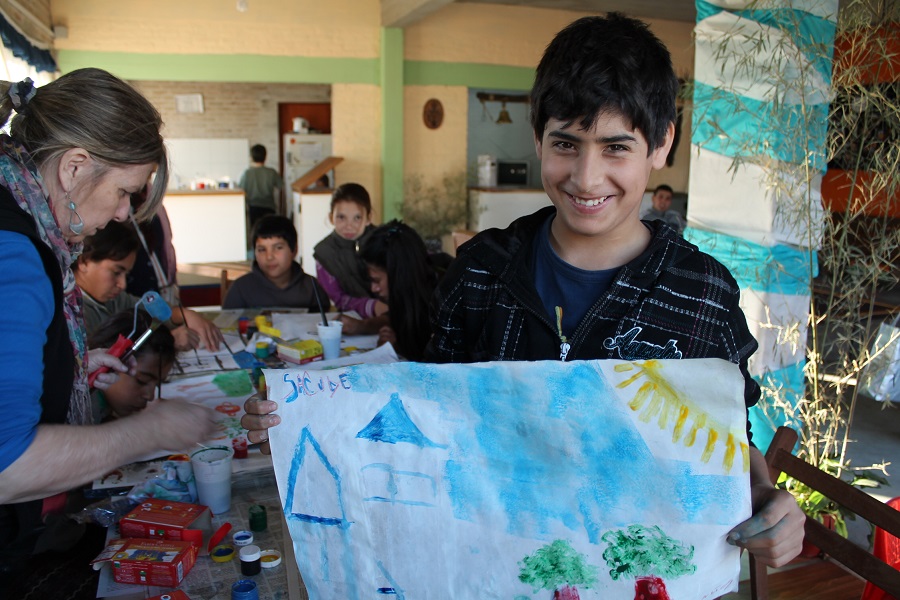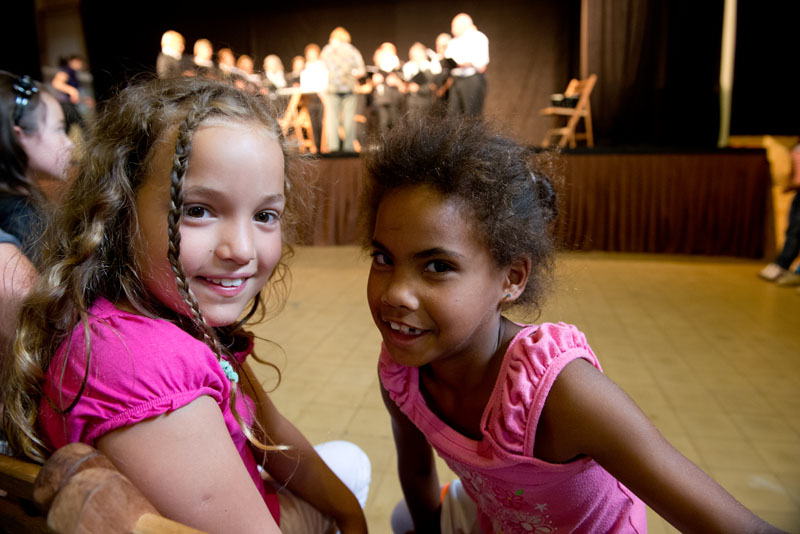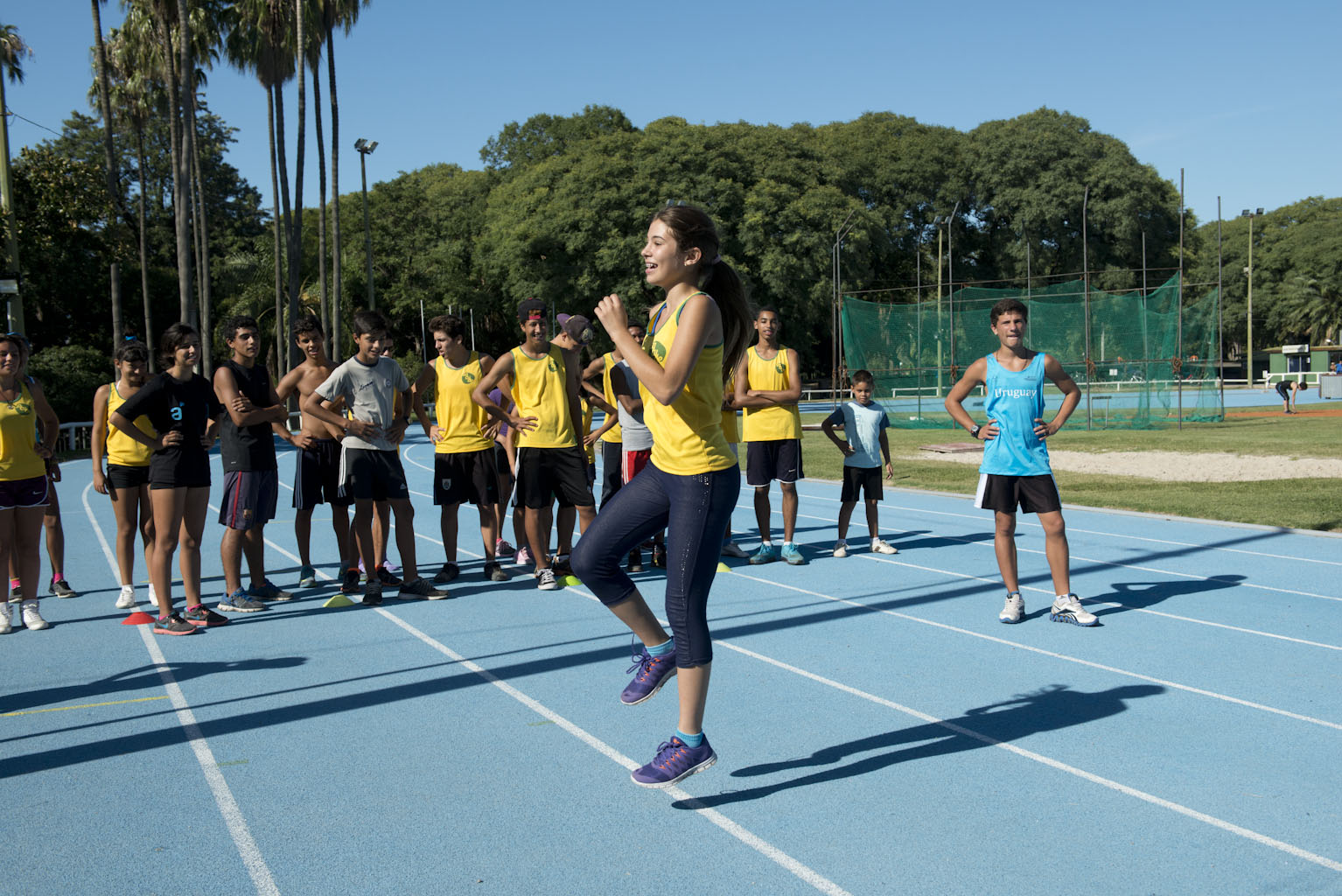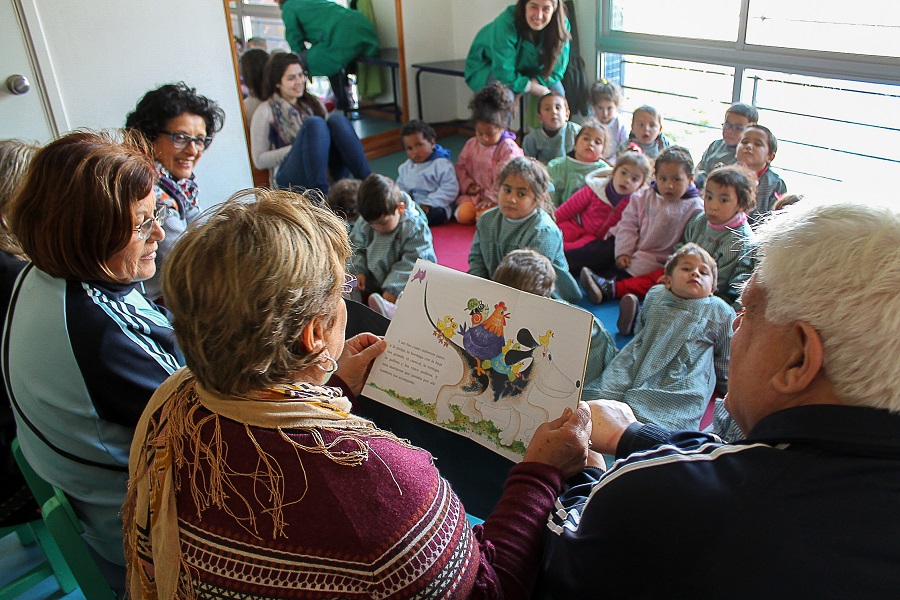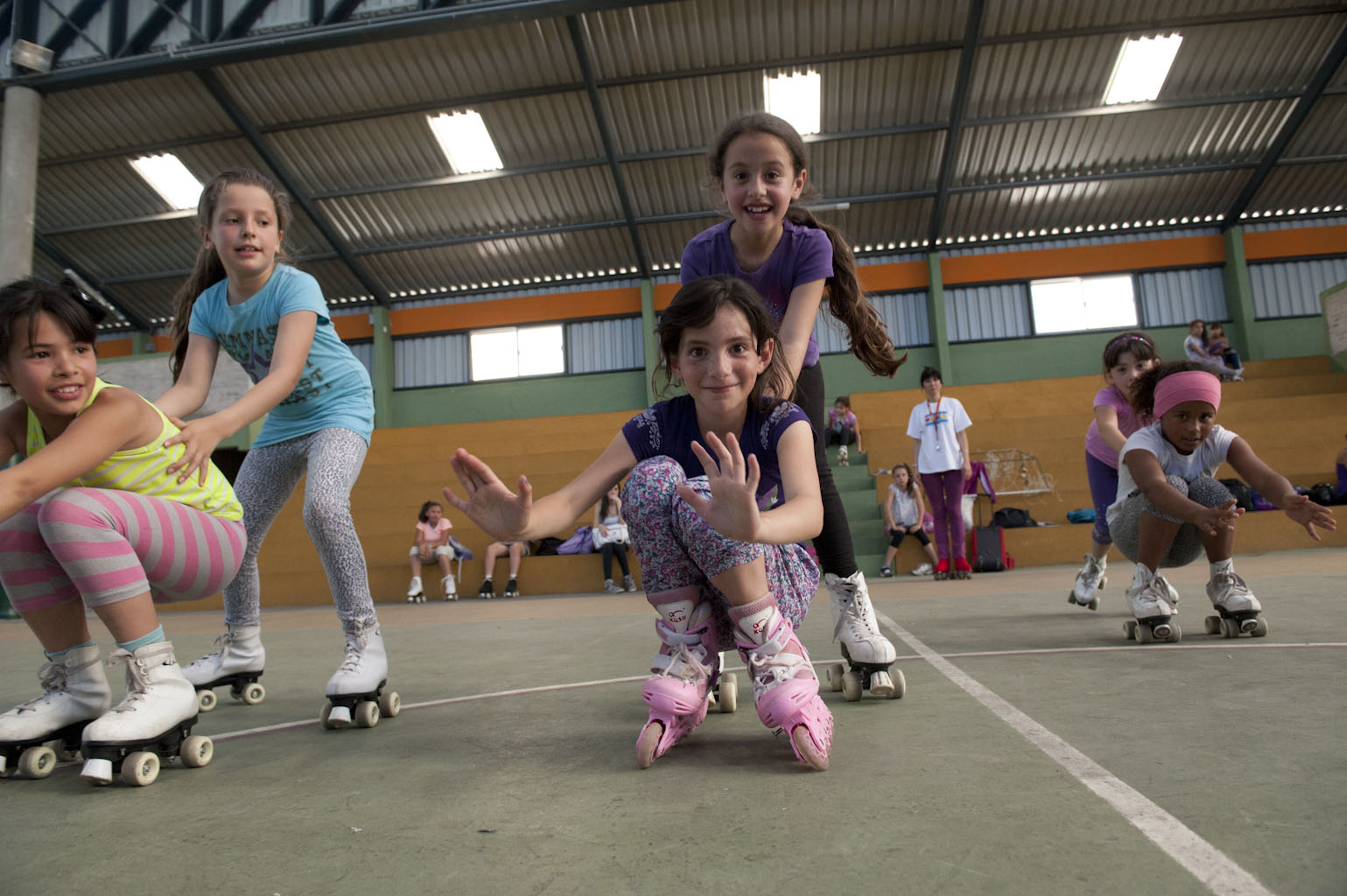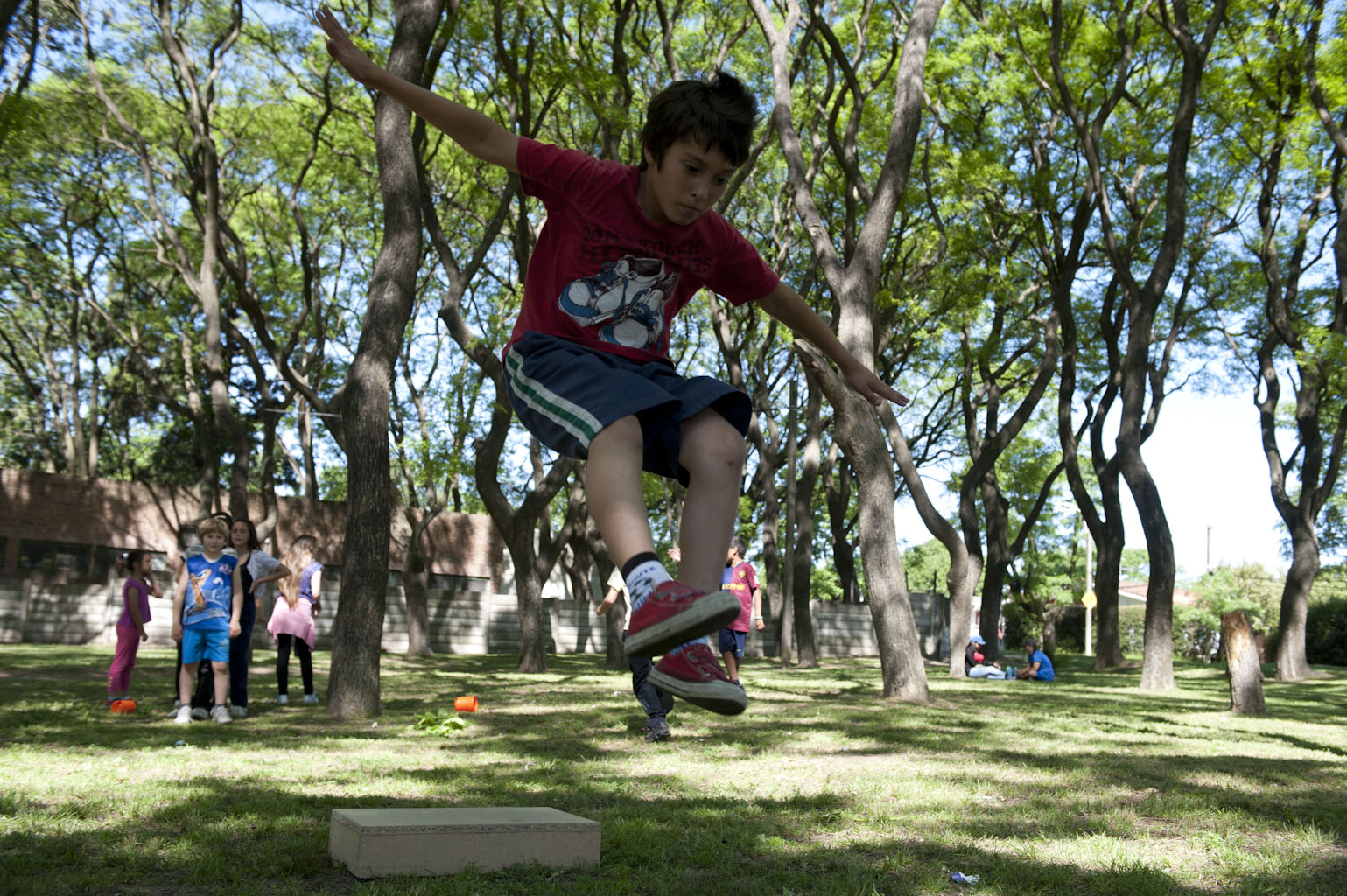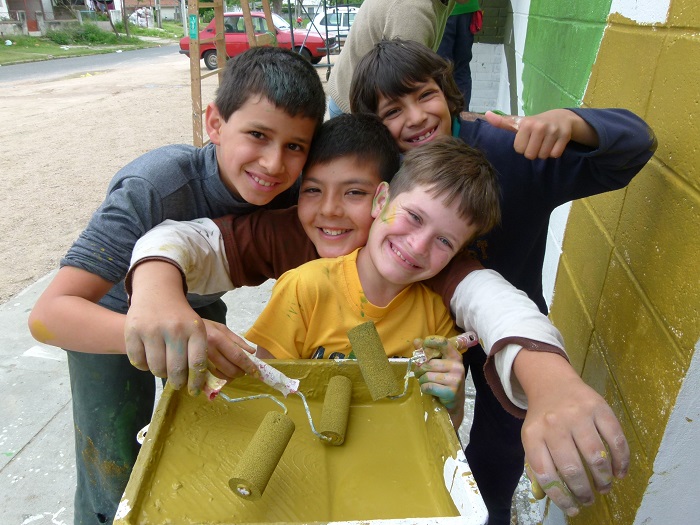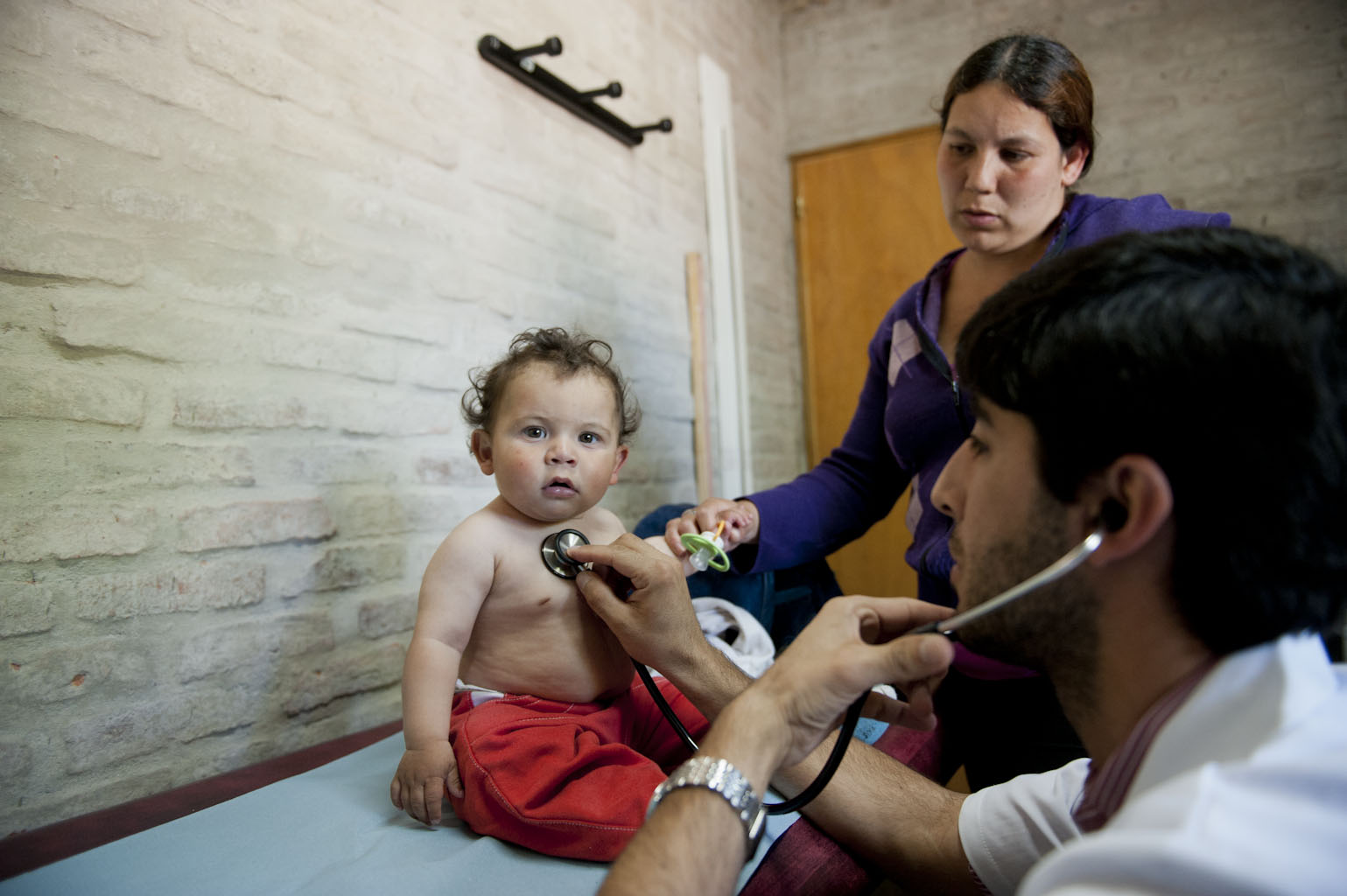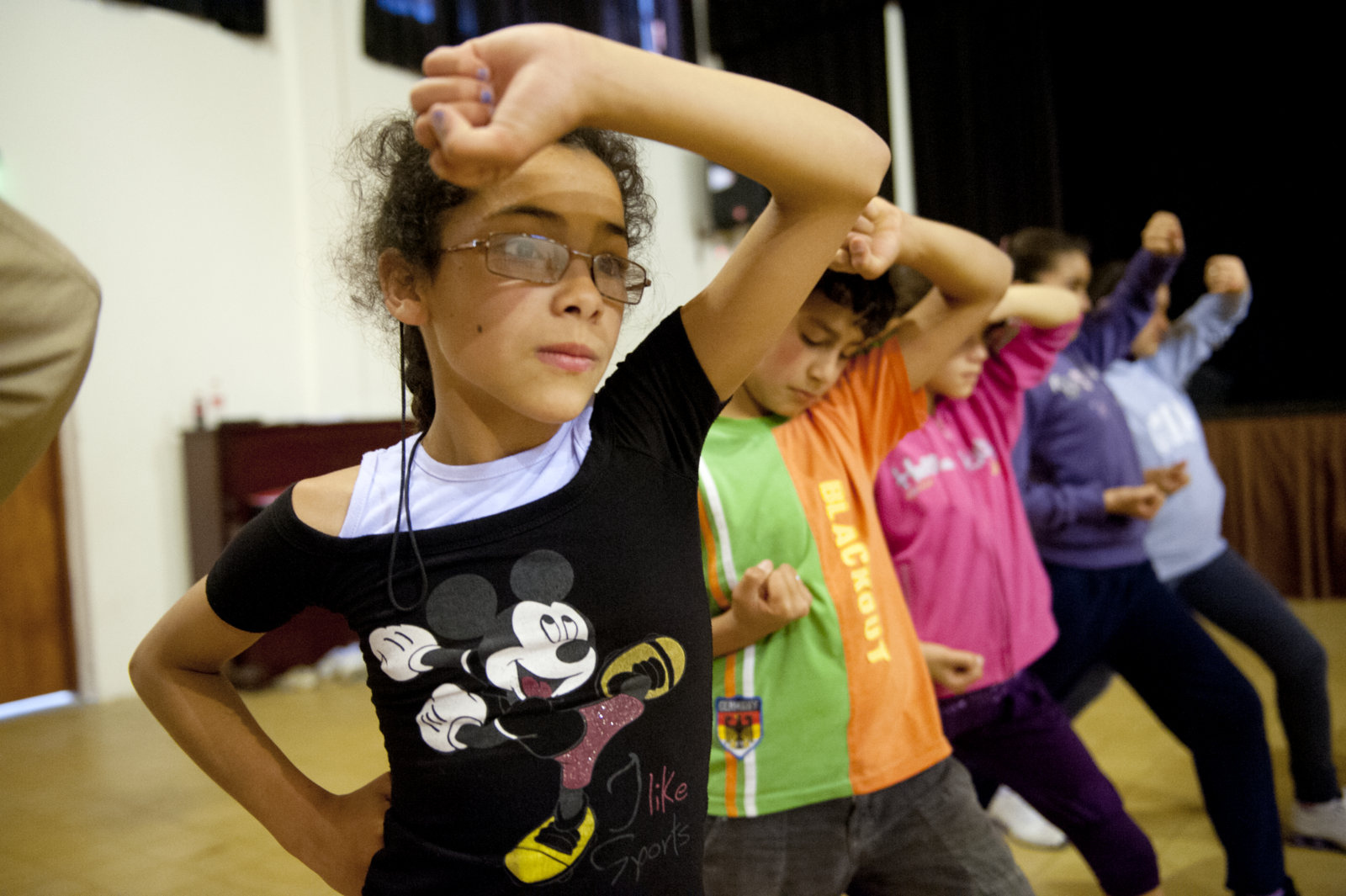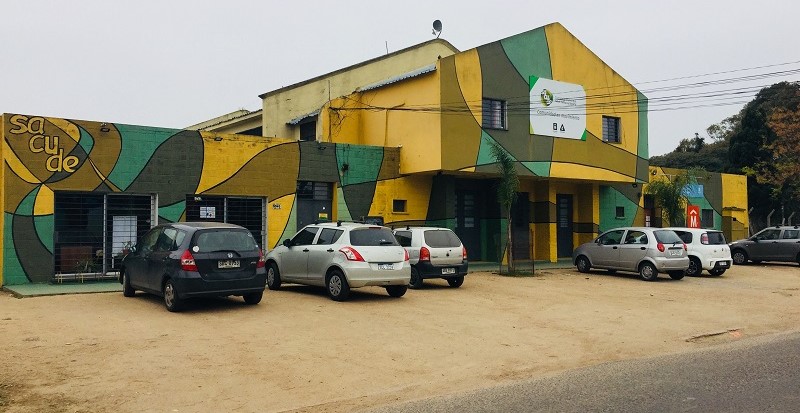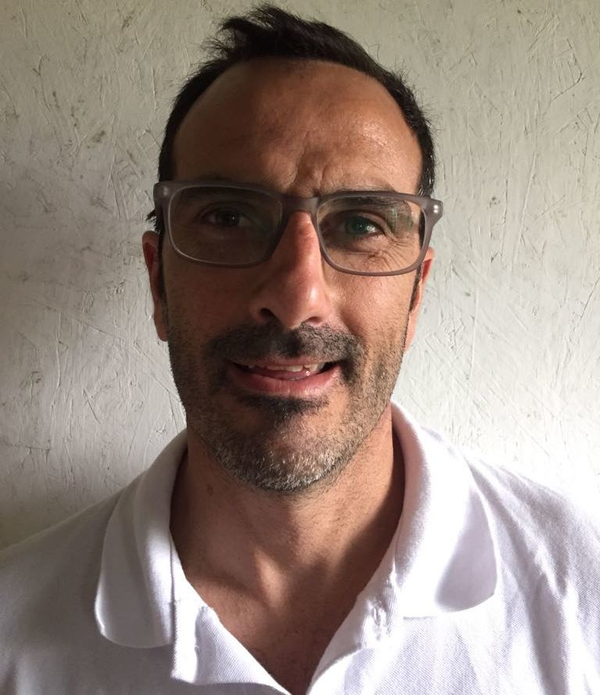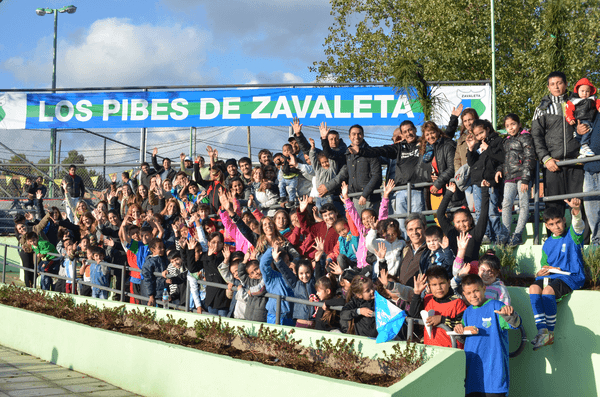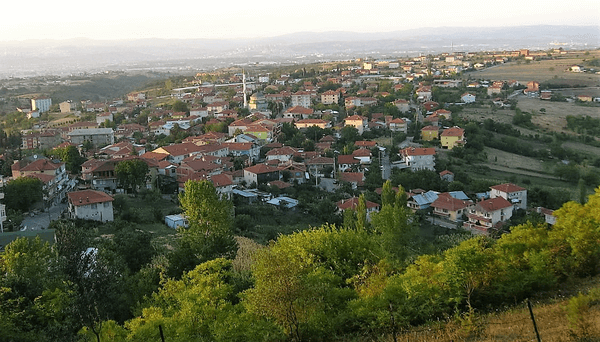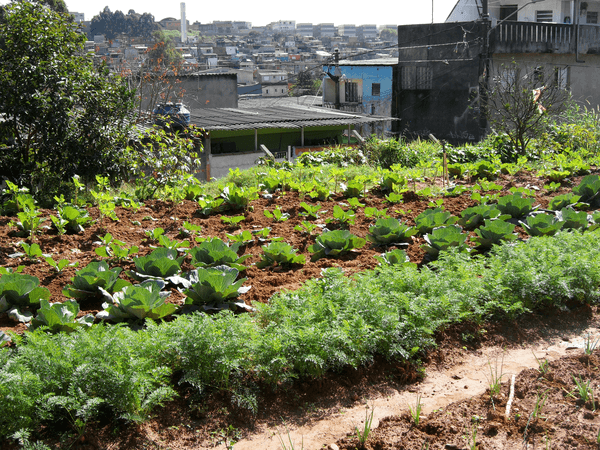SACUDE was established at the request of the residents, by expanding the facilities and programmes of the historic Municipal Club and the Los Angeles Polyclinic, projects that were also initiated by residents. SACUDE is co-managed by representatives of the Municipality of Montevideo and residents. There are three subcommittees, sport, health and culture, as well as a youth commission, in which neighbours participate freely. The committees respond to the concerns of the neighbourhood, plan activities and are responsible for managing them.
Currently, SACUDE has more than 50 sports, cultural and health promotion initiatives (see here: http://www.sacude.org.uy/content/actividades-2018). A transversal axis, which is present in all activities, is community participation.
The SACUDE complex programmes work in a coordinated and integrated way:
- The sports area includes several sports initiation schools, such as karate, skating, mixed football and women's football, as well as other sports and recreational activities for all ages. SACUDE's facilities are also used by local schools for physical education classes.
- The culture area offers a variety of cultural workshops and quality shows, free of charge. Citizens are also encouraged to leave the neighbourhood and attend performances in different venues in Montevideo.
- SACUDE has a polyclinic that provides comprehensive health care to more than three thousand families.
For SACUDE, networking with other institutions and organizations is a priority:
- At the educational level, they work in conjunction with autonomous bodies that have an impact at the national level, such as the University of the Republic, the University of Uruguay UTU (a basic sports training course operates in the complex) and the National Public Education Administration (a literacy proposal for adults has been developed in the complex and actions are coordinated with schools in the area).
- SACUDE also collaborates with children's clubs and youth centres (which work in partnership with the Instituto del Niño y Adolescente del Uruguay (INAU), private schools and high schools in the area, carrying out joint activities.
- In the area of sports, it coordinates with the Ministry of the Interior's programme Pelota al Medio a la Esperanza (Ball to the Middle of Hope), which aims to seek collective responses to violence in public spaces in general and in sport in particular, and with the Biguá Club, carrying out exchanges with children and young people from other parts of the city and recreational activities in the complex.
As a result of the various collaborations with other state bodies, several programmes are operating in the complex (for details, see: http://www.sacude.org.uy/que-es-sacude):
- Usina Casavalle of the MEC's audio-visual plant, which produces community videos.
- INAU Basketball School.
- Youth in Network Program, which serves young people who do not study or work.
- Territorial Orientation, Consultation and Coordination Service (SOCAT).
- The Uruguay Grows with You Programme, which aims to consolidate a comprehensive early childhood protection system.
- Program "Pelota al Medio a la Esperanza" that promotes peaceful coexistence in sport.
- National Directorate of people recently deprived of liberty.
- Educational Strengthening, proposal for literacy and educational accompaniment for young people and adults.
- Program Aleros, supports people with problematic drug use.
